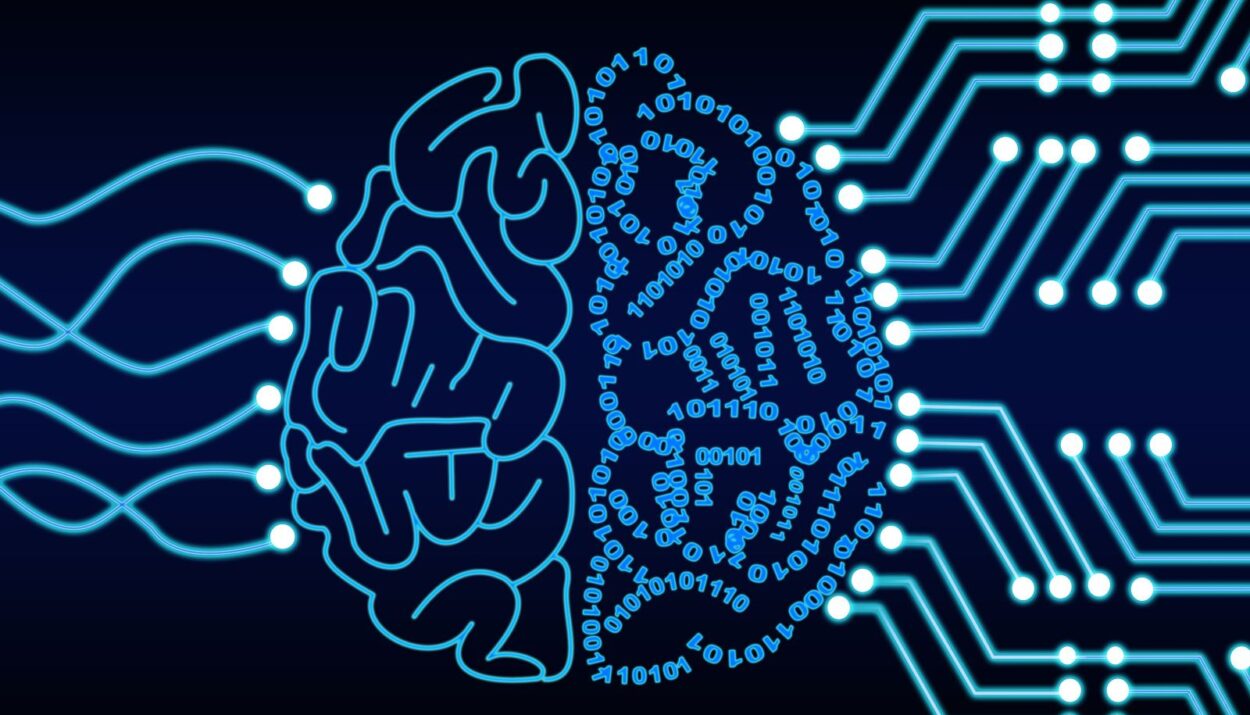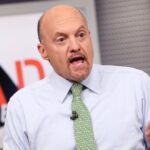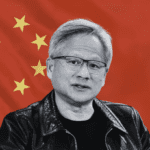The AI boom has created trillion-dollar valuations, record capital spending, and global optimism — but even its biggest champions are split on whether they’re building the next industrial revolution or inflating the next great bubble.
The Hype Machine That Built a Trillion-Dollar Faith
Silicon Valley is racing faster — and spending more — than ever. AI is now the new oil, and compute power has become the fuel of ambition. Global spending on AI is projected to exceed $1 trillion by 2030, while the tech giants — Microsoft, Google, Amazon, Meta, and Oracle — are burning through over $200 billion annually in infrastructure.
Entire power grids are being redesigned to meet GPU demand, and governments are rewriting industrial policies around AI. But amid the noise, an old anxiety is returning: what if this is all a bubble?
The Divide: Prophets vs. Pragmatists
The AI debate has split the world’s most powerful executives into two camps — the believers and the skeptics. Some say the boom is real and only beginning. Others warn it’s already running ahead of fundamentals.
Sam Altman (OpenAI)
“Are we in a phase where investors are overexcited about AI? My opinion is yes. When bubbles happen, smart people get overexcited about a kernel of truth.”
Altman admits there’s froth — but also believes OpenAI’s $500 billion valuation still reflects a “kernel of truth.”
Jensen Huang (Nvidia)
“Demand for computing has gone up substantially.”
The Nvidia CEO — whose company sits at the center of the AI gold rush — sees no slowdown. To him, this is a structural revolution, not speculation.
Lisa Su (AMD)
“Critics are thinking too small… This is the start of a 10-year supercycle.”
AMD’s leader believes the AI wave is just beginning — not peaking.
Mark Zuckerberg (Meta)
“An AI bubble is quite possible… but the greater risk is underinvesting.”
Zuckerberg is betting billions on AI models and infrastructure, calling volatility the “entry fee for the next platform shift.”
Industrial Boom or Speculative Fever?
Some of the world’s biggest names are openly questioning whether the frenzy has gone too far.
Jeff Bezos (Amazon)
“This is a kind of industrial bubble — but those can be good.”
Bezos argues that speculative eras often leave lasting legacies, saying, “AI is real, and it is going to change every industry.”
Jamie Dimon (JPMorgan)
“Some of the money pouring in will probably be lost.”
Dimon warns that cheap capital and moral hazard have inflated valuations, comparing today’s euphoria to the late-1990s dot-com run-up.
Pat Gelsinger (Intel)
“Of course we’re in an AI bubble — but it won’t pop for years.”
The Intel veteran says this boom is industrial, not digital, and while hype is high, so is long-term leverage.
David Solomon (Goldman Sachs)
“We’ve seen this before.”
Solomon cautions that vast sums of capital are being invested without guaranteed returns, predicting a possible market drawdown in the next 12–24 months.
Voices of Confidence
Others insist that the AI wave is far from overblown — it’s the next evolution of global productivity.
Larry Fink (BlackRock)
“I don’t believe this is a bubble.”
Fink says AI capital is “mostly well spent” and that diversified investors will be fine, viewing the boom as strategic, not speculative.
Safra Catz (Oracle)
“Four multibillion-dollar contracts… RPO likely to exceed half-a-trillion dollars.”
Oracle’s CEO is all-in, citing unprecedented enterprise demand for AI infrastructure.
Arvind Krishna (IBM)
“If you look at it over 10 years, you’ll be shocked.”
Krishna believes AI’s real payoff will take decades, calling it a 10x revolution in productivity that’s just getting started.
Michael Dell (Dell Technologies)
“Demand is solid. We don’t see any signs of a bubble yet.”
Dell sees real, compounding demand — though he admits the industry could eventually overshoot supply.
The Realists and the Critics
Not everyone is convinced that today’s AI economics are sustainable.
Warren Buffett (Berkshire Hathaway)
“The power of the genie scares the hell out of me.”
Buffett fears that AI’s gains will benefit too few, too fast, warning that the technology’s pricing and control pose long-term risks.
Rajiv Jain (GQG Partners)
“This is turning financing cash flows into revenue — identical to 1999.”
Jain warns that artificial profits and weak moats make AI models commodities. “The unwind will likely be very painful,” he said.
The AI gold rush is real — but so is the bubble anxiety.
Tech giants are betting that this is the next industrial revolution. Yet the echoes of the dot-com era grow louder: surging capital, runaway valuations, and faith that technology alone can outrun gravity.
Whether AI becomes the engine of a new global economy or the face of another spectacular bust may depend on one thing — how long the line between innovation and inflation can stay blurred.
Disclosure: This article does not represent investment advice. The content and materials featured on this page are for educational purposes only.










